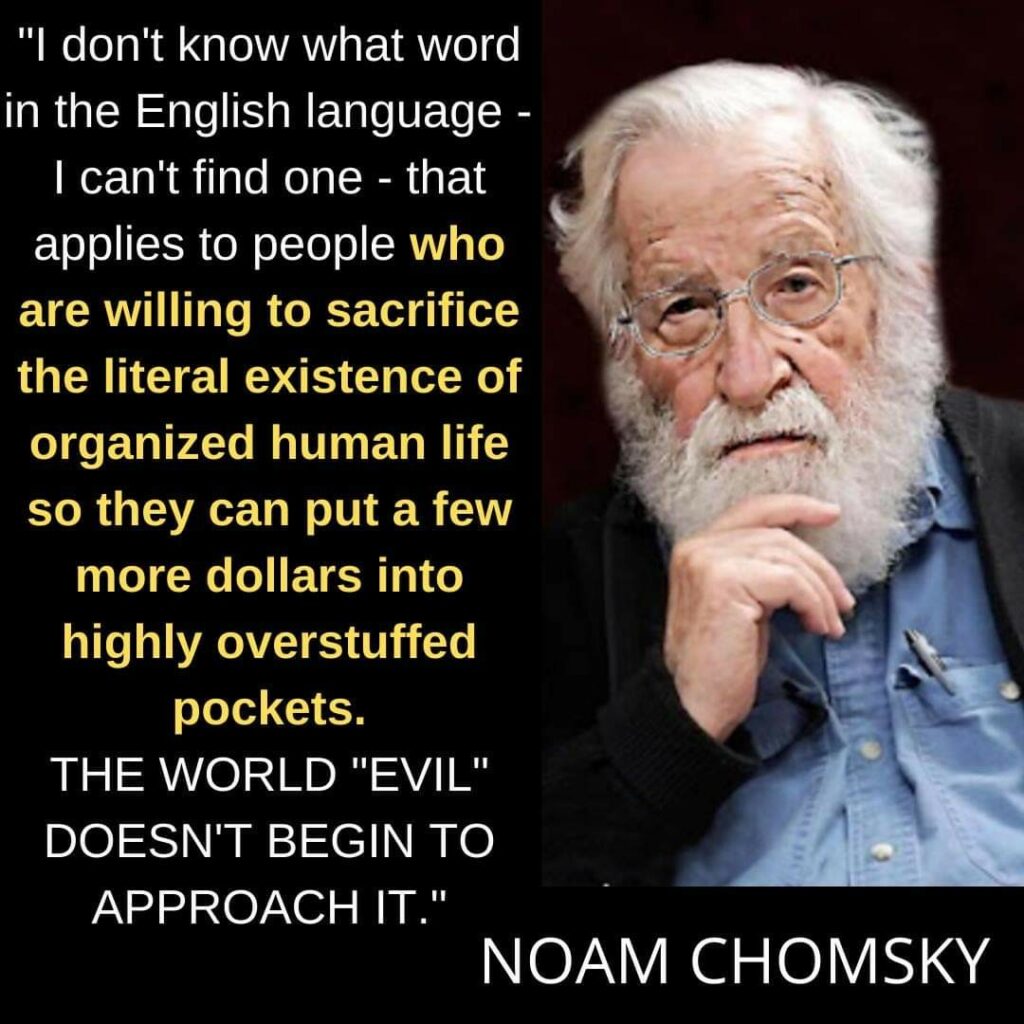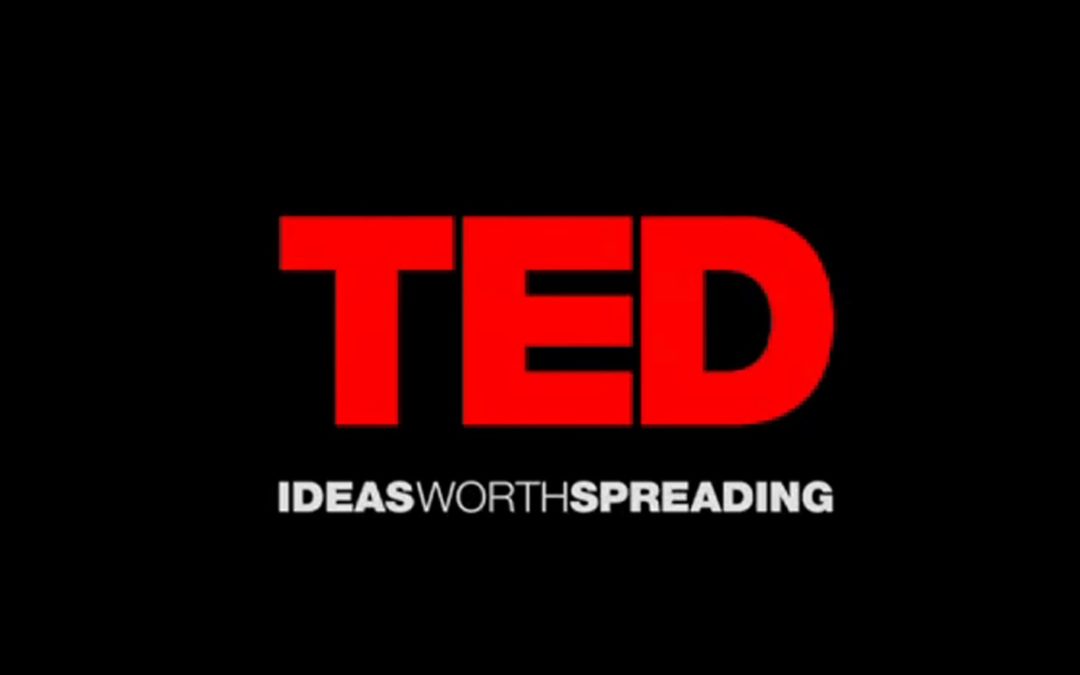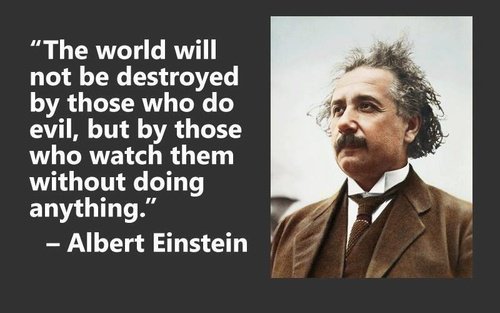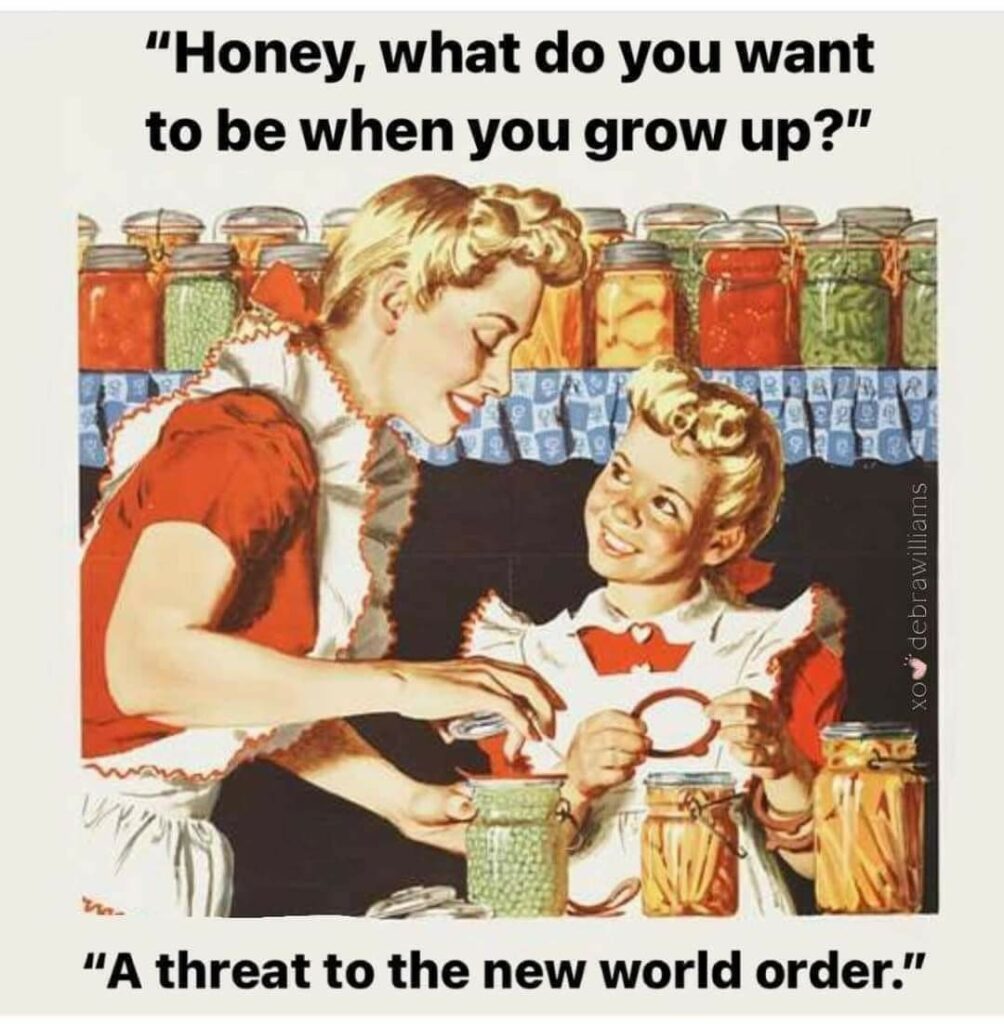What drives the rise of social justice movements and grassroots mobilization is simple: they begin locally. Movements grow from the lived experiences of people and communities directly affected by injustice – those with the motivation and need to bring about real change.
To help these movements expand and connect, technology need to be built to serve people, not control them. That means prioritizing open, decentralized networks like the #openweb and the #fediverse, that grow free, serendipitous communication. These digital commons give activists the tools to organize, share stories, and build collective power without being bound by corporate or state control.
Projects like the #OMN and #indymediaback are built with this ethos, tools for coordination, not domination. But movements also need historical memory. We need to document and preserve the history of activism, its tactics, its victories, its failures, to educate and inspire new generations. Understanding the struggles of the past helps today’s movements avoid repeating old mistakes and build on hard-won gains. That’s the work of the #makeinghistory project.
Yet we face the ever-present threat of co-optation, when activist groups shift their focus to chase funding or institutional legitimacy, losing their roots in the process. Staying independent and mission-driven is hard, especially in today’s hostile environment, but it has been done before, so it can be done again. If you value this work, support us here: https://opencollective.com/open-media-network
Activism thrives when there’s a balance of spiky and fluffy – bold direct action paired with strategic planning and long-term vision. Pragmatism is key: we must address urgent needs now, while laying the groundwork for lasting change.
Let’s be clear: the relationship between grassroots movements and capitalism is fundamentally antagonistic. Capitalism erases history. It ignores the material realities of class struggle, slavery, debt, violence, ecocide, and oppression. It breeds a culture of #stupidIndividualism and fuels the #deathcult we now call “common sense.”
In its place, we should seriously consider other paths like – socialism and anarchism – not as abstract ideals, but as practical socio-economic paths rooted in public ownership and collective decision-making. These models offer a chance to distribute wealth and power more justly.
Capitalism is collapsing under its own weight.
“We all know the system we live under is destroying itself.
So what comes next? Fascism or revolution?”Radical change isn’t a dream, it’s a necessity. The #openweb, the language of hashtags, and the memory of past movements offer us practical tools to build collective paths, connect communities, and organize resistance. These are our counterforces to the algorithmic mess of #mainstreaming. We already have the tools. Now we need the will.





